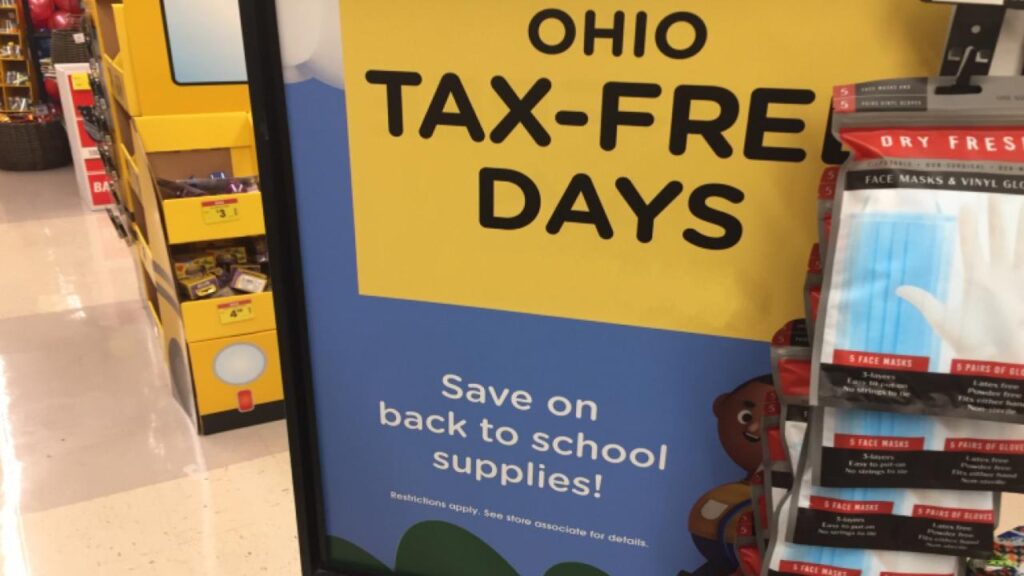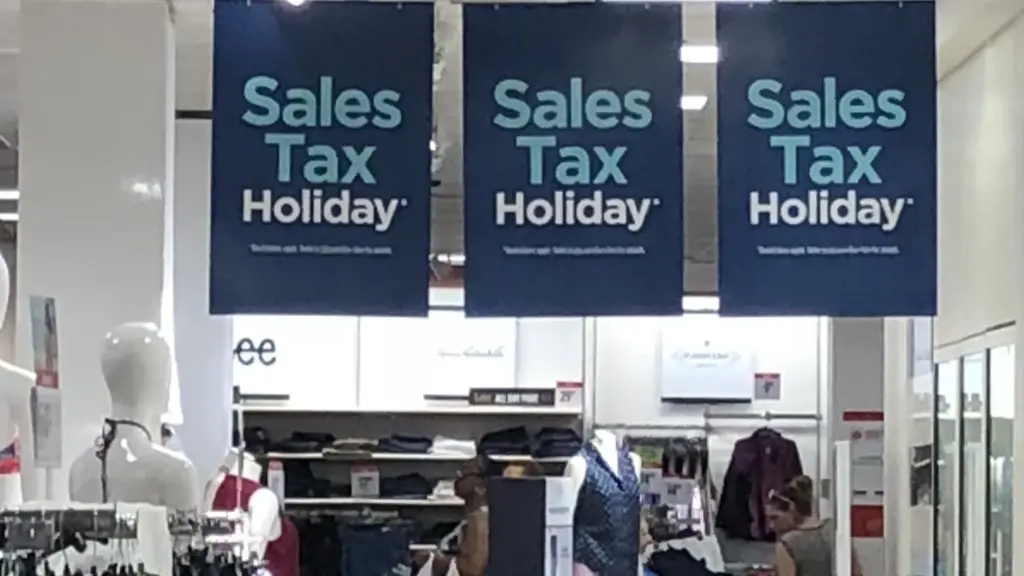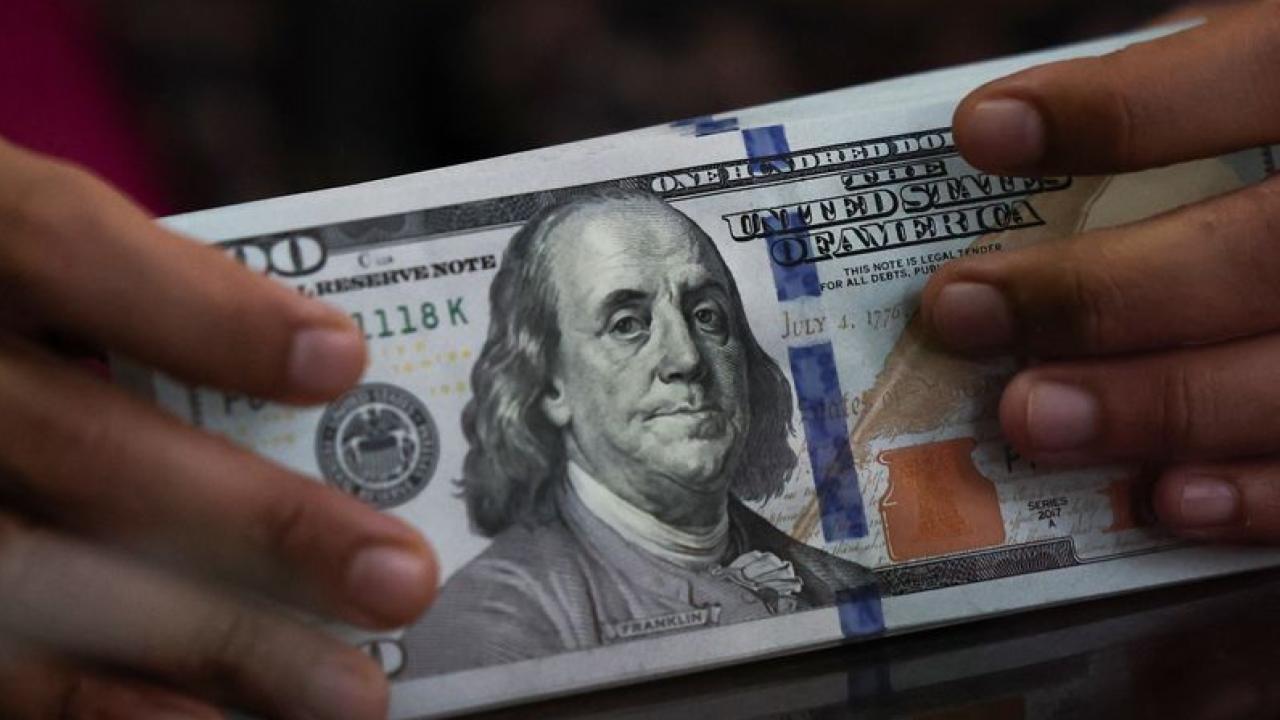Come August 2025, Ohio shoppers are getting a golden two-week window to skip state sales tax on a surprisingly broad range of goods—thanks to the state’s expanded sales tax holiday. Starting Friday, August 1 and running through Thursday, August 14, purchases of most tangible personal property priced at $500 or less per item will be 100% sales tax-free.

And we’re not just talking back-to-school pencils and jeans here. From laptops and grills to dining out and buying new tires, this holiday goes way beyond the basics.
Ohio Is Going Tax-Free in August 2025
| Takeaway | Stat |
|---|---|
| Sales tax holiday expanded to 14 days | August 1–14, 2025 |
| Qualifying price cap | $500 per item |
| Includes dine-in restaurant meals | Yes, tax-free |
If you’ve been eyeing that new tablet or thinking about sprucing up your backyard, August 1 to 14 is your moment. Ohio’s expanded sales tax holiday offers a rare break on a huge range of everyday and big-ticket items. Just keep the $500 limit in mind, check the rules, and shop smart. Because this time, the state of Ohio is basically footing the tax bill.
A Bigger, Bolder Sales Holiday
This isn’t your typical tax-free weekend. Ohio’s sales tax break used to be just three days in early August, mainly aimed at school supplies. But in 2024, the state stretched the holiday to a full two weeks and drastically expanded what qualifies.
Now? It’s nearly everything under $500.
“This lets folks plan real purchases—not just last-minute school shopping,” says Cheryl Adams, a Columbus-based CPA. “It’s a genuine break for working families.”
What You Can Buy Tax-Free in August
Thanks to the new rules, nearly all personal goods priced at $500 or less are eligible. Some eye-catching examples include:
- Laptops, tablets, and iPads
- HDTVs and gaming consoles
- Bicycles, sporting goods, and home gym gear
- Furniture—yes, even sofas if individually priced under $500
- Eyeglasses and contact lenses
- Kitchen appliances and cookware
- Indoor and outdoor plants
- Car tires
- BBQ grills and lawn tools
And here’s the curveball: dine-in meals are also tax-free—just not takeout. So go ahead and treat yourself to that date night or family dinner out.

What’s Still Taxed
Even during the holiday, some stuff still isn’t eligible:
- Motor vehicles, boats, and trailers
- Anything requiring a title
- Alcohol, tobacco, and marijuana-containing products
- Services like repairs or spa treatments—unless physical parts are itemized and under $500
Also, if you’re buying items usually bundled—like a bedroom set—you’ll need to buy them separately to qualify.
Fine Print and Smart Shopping Tips
This is where things get a little tricky. Here’s what you need to know:
- The $500 limit applies per item, not per transaction.
- Online purchases count as long as you order and pay during the tax holiday.
- If your order has both qualifying and non-qualifying items, only part of it may be exempt.
- Shipping and delivery fees are not taxed—if the item qualifies.
Retail systems will try to apply the exemption automatically, but it’s still smart to double-check your receipts. If you get charged sales tax on an eligible item, you can request a refund directly from the store or file with the Ohio Department of Taxation.
How This Helps During High Prices
Between inflation and rising tariffs, families are facing serious sticker shock at checkout. This tax break can add up fast. A $450 TV saves around $31 in taxes. Spend $2,000 on qualifying items? That’s over $140 in savings.
I experienced it myself last year—I grabbed a new desk chair, some LED lighting, and a 32” TV during the 2024 tax break. All under $500 each. Every receipt showed “TAX: $0.00.” Not huge per item, but it stacked up.
Quick Tips to Max Out Your Savings
| Do This | Why It Helps |
|---|---|
| Buy items under $500 separately | Each item must qualify on its own |
| Order online during the window | It’s based on payment date, not delivery |
| Keep receipts | For returns or if tax was charged |
| Plan big-ticket purchases ahead | These 14 days offer real savings |
| Ask about bundled items | Furniture sets might be taxed unless split |






